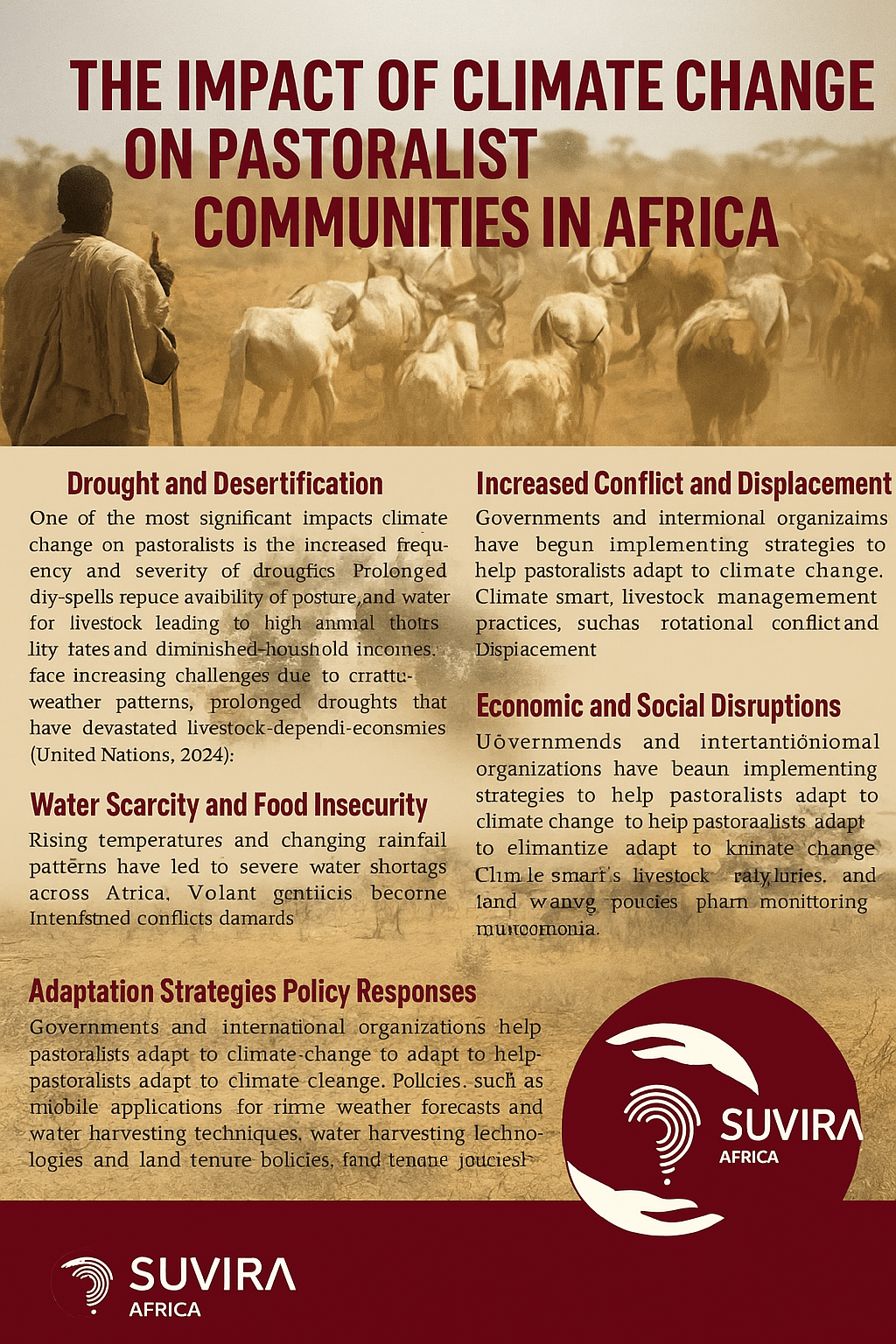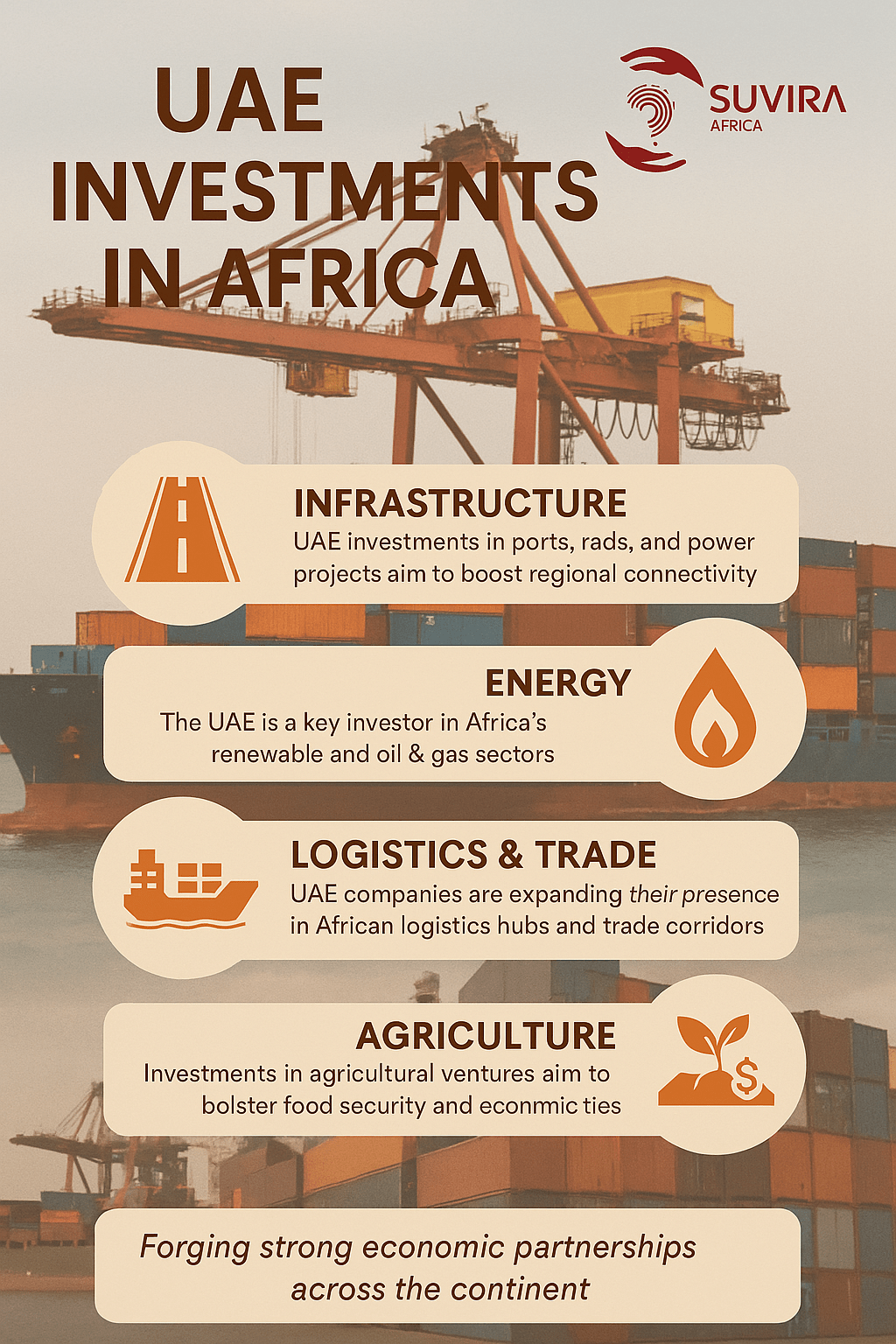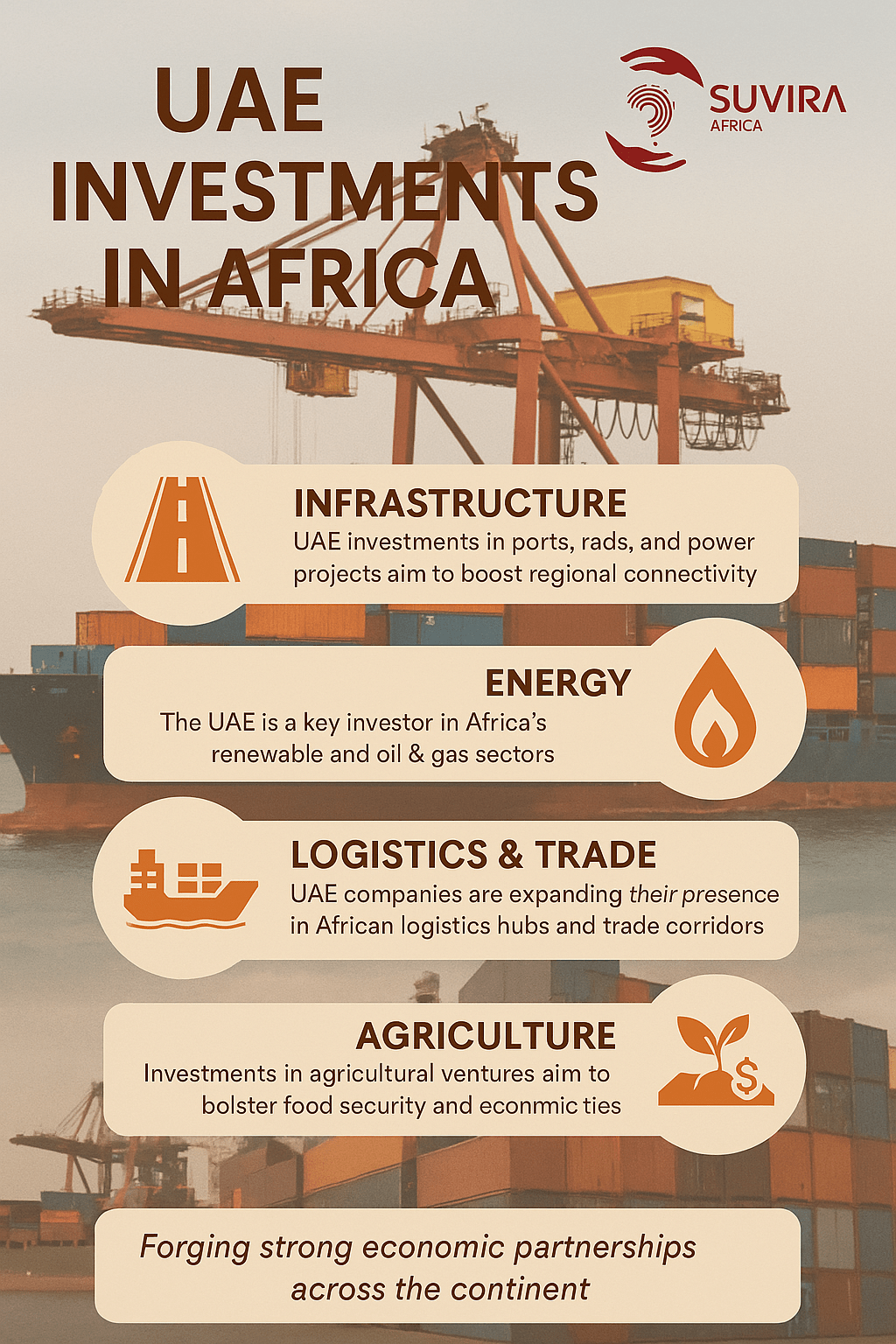The Way Forward for Africa and the Industrial Revolution
October 09, 2025 5 mins to read
by Leon Lidigu
Summary
Africa is entering a vital stage of industrial transformation. With its youthful population, abundant resources, and growing technological innovation, the continent is well-positioned to leap into the Fourth Industrial Revolution. To succeed, Africa must address structural barriers, improve infrastructure, empower its people, and ensure that industrialization is inclusive and environmentally conscious.
Africa and the Missed First Industrial Revolution
The First Industrial Revolution largely bypassed Africa. Under colonial rule, the continent was used primarily for raw material extraction. Infrastructure served extraction, not industrial development. Walter Rodney, in "How Europe Underdeveloped Africa," notes that colonialism embedded structural barriers that still hinder Africa's industrial growth. These historical setbacks explain why Africa lags in industrial development.
Opportunities in the Fourth Industrial Revolution
Africa's late start is now an advantage. Without outdated systems, it can adopt modern technologies directly. With mobile phone penetration above 80% in many countries, digital tools are transforming agriculture, education, and trade. Sectors like fintech and agritech are helping Africa shape its own industrial path. Kenya's M-PESA is a clear example of African-led innovation driving economic change.
Youth and Women: Africa's Industrial Backbone
Africa's youthful population and dynamic women entrepreneurs are driving innovation. Youth-led start-ups and women-run enterprises are shaping sectors from agriculture to e-commerce. Supporting groups like Indego Africa and Guzakuza has shown that empowering women artisans and agri-preneurs boosts entire communities. Inclusive policies must prioritize marginalized voices for long-term growth.
Infrastructure and Investment
Industrialization needs reliable infrastructure. Poor roads, unstable electricity, and weak logistics continue to hinder growth. The African Continental Free Trade Area (AfCFTA) offers a framework to boost local trade and value chains. Governments and partners like the African Development Bank must invest in roads, energy, and digital connectivity to unlock regional industry.
Environmental Sustainability
Industrial development must avoid the environmental harm seen in the Global North. Africa has a chance to lead with green solutions like solar mini-grids, eco-factories, and circular economies. Countries like South Africa and Kenya are advancing renewable energy programs that combine economic growth with environmental stewardship.
Barriers to Progress
Challenges remain: limited access to capital, political instability, inconsistent policies, and over-reliance on extractive industries. Weak regional integration and governance issues also pose risks. Addressing these problems requires institutional reform, honest leadership, and regional cooperation. Transparent governance and inclusive strategies are key to sustainable progress.
A Model for Inclusive Industrialization
Africa's future lies in a locally driven, innovation-powered industrial model. Investments in education, vocational training, and support for small enterprises will foster economic independence. Public-private partnerships and fair trade rules can support local manufacturing. Collaborations, like those with the UAE, should balance economic, social, and environmental goals.
Conclusion: The Time is Now
Africa's industrial revolution is no longer a distant hope; it is unfolding now. The decisions made today will define the continent's future. With bold vision, strategic investment, and inclusive, sustainable policies, Africa can craft a new industrial path that uplifts all its people.
References
AfDB. (2022). African Economic Outlook 2022. African Development Bank Group.
Amnesty International. (2023). UAE's Role in African Conflicts Must Be Scrutinized.
ILO. (2022). Promoting Decent Work for Youth and Women in Africa. International Labour Organization.
IRENA. (2022). Renewable Energy Market Analysis: Africa and Its Regions.
OECD. (2023). Economic Outlook for Africa 2023.
Rodney, W. (1972). How Europe Underdeveloped Africa.
UNCTAD. (2021). Technology and Innovation Report 2021. United Nations Conference on Trade and Development.
UNECA. (2020). AfCFTA: A New Era for Trade in Africa. United Nations Economic Commission for Africa.
UNEP. (2021). Making Peace with Nature: A Scientific Blueprint to Tackle the Climate, Biodiversity and Pollution Emergencies.
World Bank. (2023). Digital Africa: How the Fourth Industrial Revolution is Transforming the Continent.



